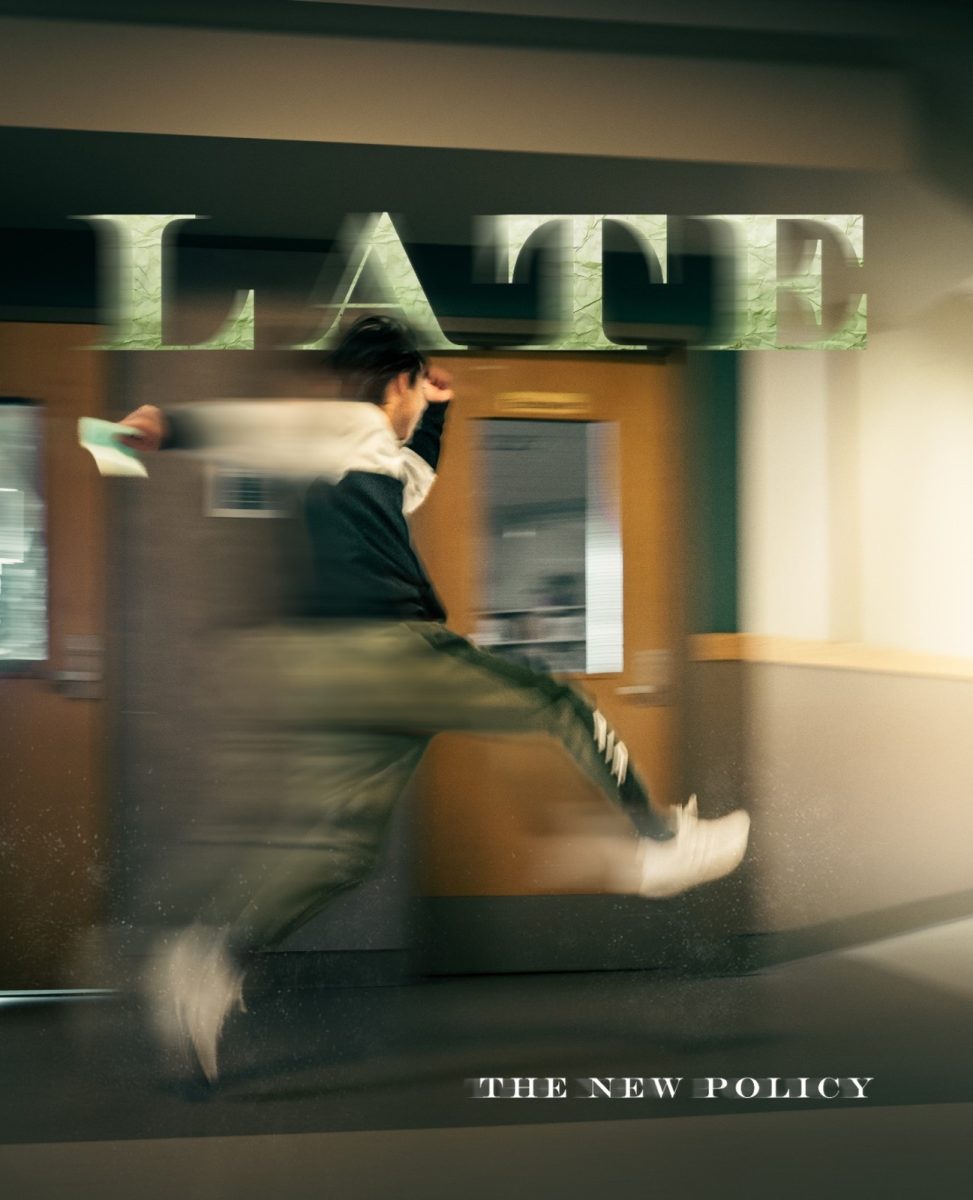In September 2024, Skyline implemented the Issaquah School District’s new tardy policy with the goal of motivating students to arrive to their classes on time. The policy outlines clear consequences based on the number of tardies a student receives in a given semester.
According to the Skyline Student Handbook, after a student receives five tardies, the school sends an email home stating the tardy policy and the consequences their child is at risk of facing. After a student receives ten tardies, they have to attend one detention, which can either be served during lunch, Wednesday morning, or Saturday morning. Having outstanding detentions bars a student from participating in school sports and attending events such as Homecoming or Prom. After reaching ten tardies, a student receives one additional detention for every five tardies they accumulate.
Some Skyline students have mixed feelings about the effectiveness of the new policy. Sophomore Paige Ehlers says, “I think the new tardy policy is good, but also bad. For people who have parents that care about detentions and tardies then it’s good, but for those who don’t then it really has no impact.” Paige suggests that the true consequences of tardiness exist at home rather than serving detentions in school. Students will generally act in accordance with their parents’ beliefs on attendance. If your parents are letting you miss a class or a whole day in school, chances are you’re going to want to take that opportunity. If your parents are strict about attendance, you might be going to class to avoid getting grounded rather than avoid any consequences the school might have.
Junior Emerson Heady believes, “It [the policy] won’t impact student attendance because if someone doesn’t want to show up on time they won’t.” Emerson’s stance on the policy suggests that consequences of having numerous tardies are not threatening enough for students to come to class, and that they will decide for themselves when they do or do not attend class on time. The insight shared by Paige and Emerson proposes the idea that the new tardy consequences will not make an impact on student attendance. Student opinions on the attendance policy pose the question about the impact of the new policy. Has there been a decrease in tardies across the student body since the school has begun assigning detentions, or have tardy numbers stayed relatively the same? Time will tell.










